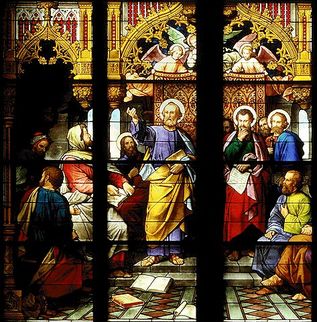 Two weeks ago in our Acts of the Apostles Bible study we covered Acts 15 where we heard about the Council of Jerusalem in AD 52.
Two weeks ago in our Acts of the Apostles Bible study we covered Acts 15 where we heard about the Council of Jerusalem in AD 52.
In our discussion we also spoke about Ecumenical Councils, when the bishops of the world are gathered together to settle issues facing the Church. I said I would put something up here listing those councils. Here they are…
AD 325: Nicea
Issue: The Divinity of Christ
AD 381: Constantinople
Issue: The Divinity of Holy Spirit
AD 431: Ephesus
Issue: Mary as “Theotokos” (“God Bearer”)
AD 46I: Chalcedon
Issue: The two natures in Christ
AD 476: The Fall of Rome
AD 553: Constantinople II
Issue: Condemned a variety of writings.
AD 680: Constantinople III
Issue: The two wills in Christ
AD 787: Nicea II
Issue: The veneration of images
AD 869: Constantinople IV
AD 1054 Eastern Schism. The East has never held another council.
AD 1123, 1139, 1179, 1215: Lateran I, II, III and IV
AD 1245 & 1274: Lyons I & II
AD 1311: Vienne
AD 1414: Constance
Western Schism
AD 1453 Fall of Constantinople
AD 1512: Lateran V
AD 1545: Trent
Issue: Dealt with Luther’s teachings and made Church reforms
AD 1869: Vatican I
AD 1963: Vatican II
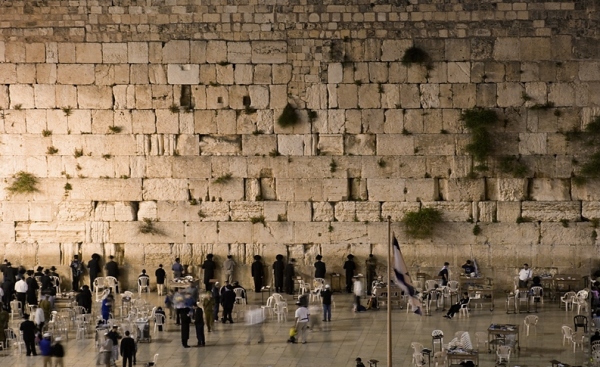
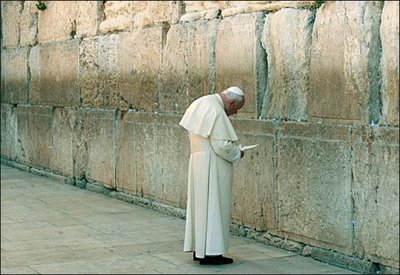

 Two weeks ago in our Acts of the Apostles Bible study we covered
Two weeks ago in our Acts of the Apostles Bible study we covered 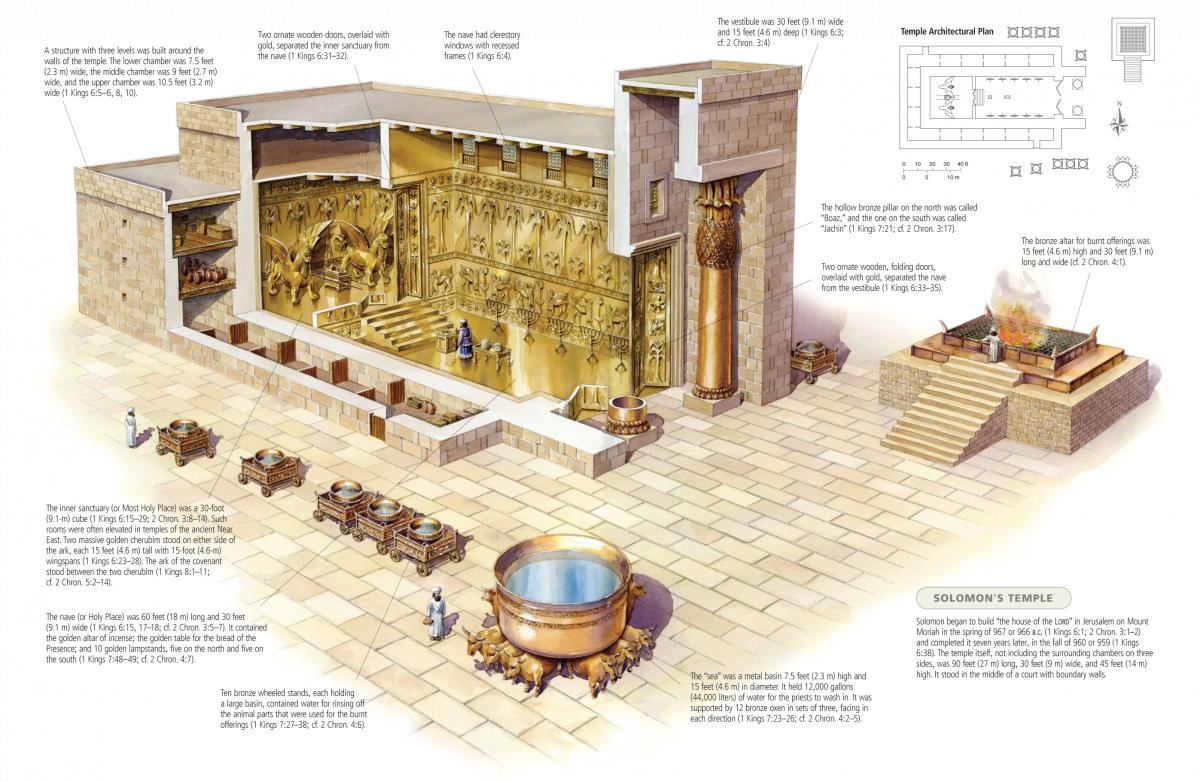
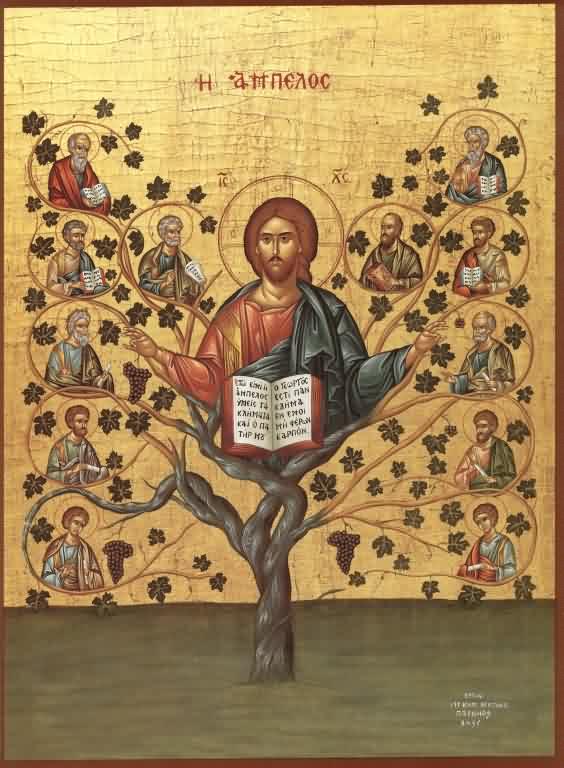
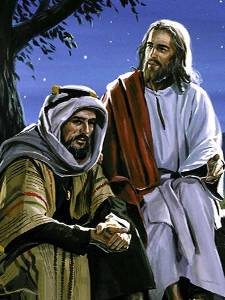 In our First Reading last week we read about the giving of the Ten Commandments and this week we continue our Lenten tour through the high points of Old Testament Salvation History.
In our First Reading last week we read about the giving of the Ten Commandments and this week we continue our Lenten tour through the high points of Old Testament Salvation History.